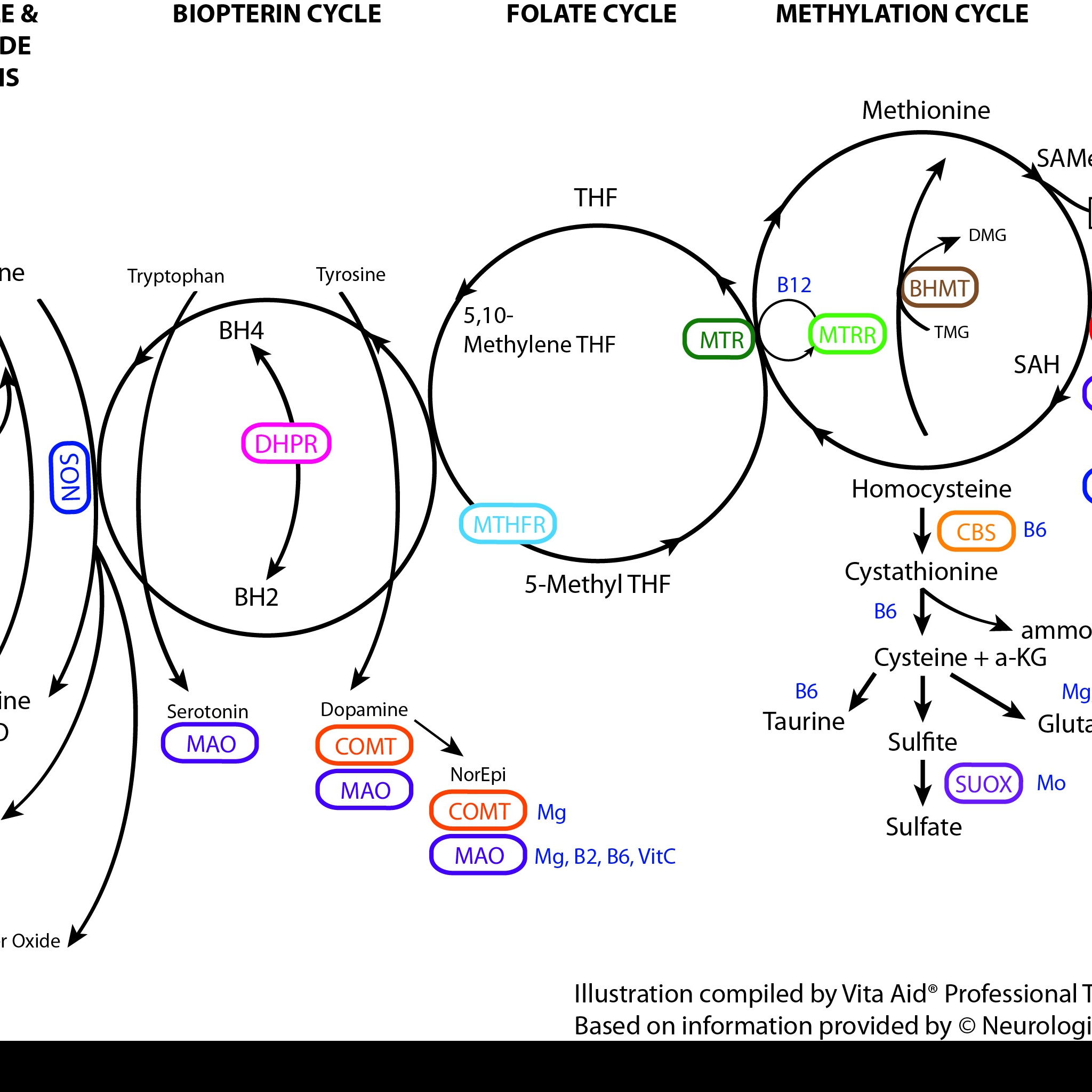Sheila
Member
- Joined
- Nov 6, 2014
- Messages
- 374
Hello Amazoniac
I popped into research something and spotted your message, thank you. I also wrote this Supplemental Vitamin B2 - Experiences? a moment ago, in B2, I think I had read before that RP said some b vitamins are stored, so the water-based idea (therefore limited overdose idea) isn't entirely true....
In the Rosacea etc newsletter, he further mentions:
"But in reality, nutritional requirements are strongly influenced by history and present circumstances. For example, when corneal mitochondria have been damaged by riboflavin deficiency, they have been found to subsequently require more than the normal amount of the vitamin to function properly. And the presence of a certain amount of one nutrient often increases or decreases the amount of other nutrients needed."
Thus, and this actually is relevant to our discussions on sulphates/sulphurs, in order to 'assist' (one hopes) repair one needs to use larger amounts than are prudent longer term. The issue is, when to quit without causing problems with everything else.
I admit that the sulphates/sulphurs are no different. And that you have said exactly the same re large amounts of anything. So I am not probably telling you anything new, sorry!
Whilst I am at it though, I may have mentioned that, amongst other country pursuits, I have fledgling and fully grown orchards. When the soil is alive (microbiologically), they need very little in the way of inputs to remain healthy. When the soil is less alive, and the tendency is to 'feed them up' there is a fine line between 'kill or cure'. Best policy is support their environment, their milieu, not lots of inputs. Help where needed (is it needed?) and then back off, don't keep helping.
I am sure there is a lesson or two in there for me.
I hope you are heading towards balance, as ever my best regards,
Sheila
I popped into research something and spotted your message, thank you. I also wrote this Supplemental Vitamin B2 - Experiences? a moment ago, in B2, I think I had read before that RP said some b vitamins are stored, so the water-based idea (therefore limited overdose idea) isn't entirely true....
In the Rosacea etc newsletter, he further mentions:
"But in reality, nutritional requirements are strongly influenced by history and present circumstances. For example, when corneal mitochondria have been damaged by riboflavin deficiency, they have been found to subsequently require more than the normal amount of the vitamin to function properly. And the presence of a certain amount of one nutrient often increases or decreases the amount of other nutrients needed."
Thus, and this actually is relevant to our discussions on sulphates/sulphurs, in order to 'assist' (one hopes) repair one needs to use larger amounts than are prudent longer term. The issue is, when to quit without causing problems with everything else.
I admit that the sulphates/sulphurs are no different. And that you have said exactly the same re large amounts of anything. So I am not probably telling you anything new, sorry!
Whilst I am at it though, I may have mentioned that, amongst other country pursuits, I have fledgling and fully grown orchards. When the soil is alive (microbiologically), they need very little in the way of inputs to remain healthy. When the soil is less alive, and the tendency is to 'feed them up' there is a fine line between 'kill or cure'. Best policy is support their environment, their milieu, not lots of inputs. Help where needed (is it needed?) and then back off, don't keep helping.
I am sure there is a lesson or two in there for me.
I hope you are heading towards balance, as ever my best regards,
Sheila

